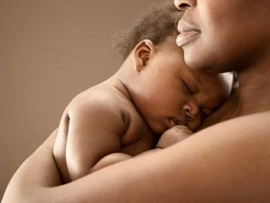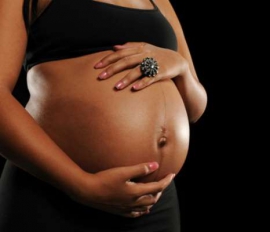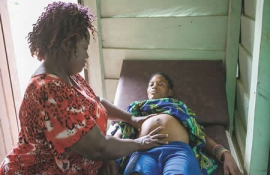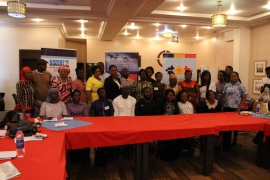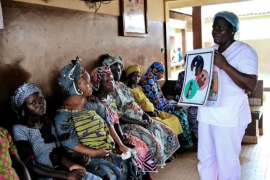Canada pledges $1.9m to child health programme in Nigeria, Ghana
The International Development Research Centre (IDRC), a Canadian government agency , says it is contributing 2.6m Canadian dollars ($1.9m) to the funding of a maternal and child health programme in Nigeria and in five other West African countries – Ghana, Mali, Senegal, Benin and Burkina Faso.

